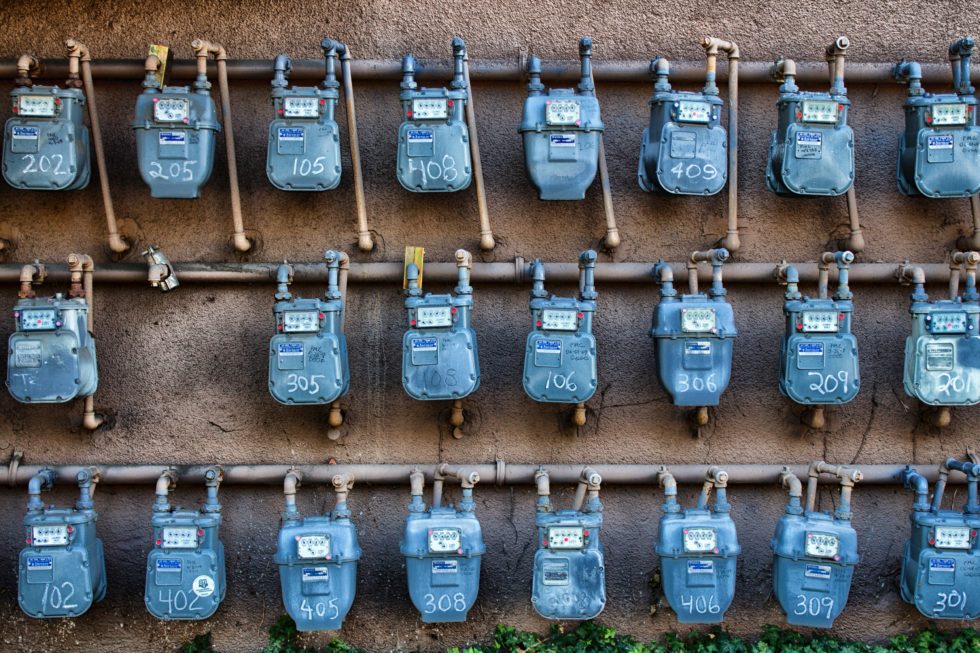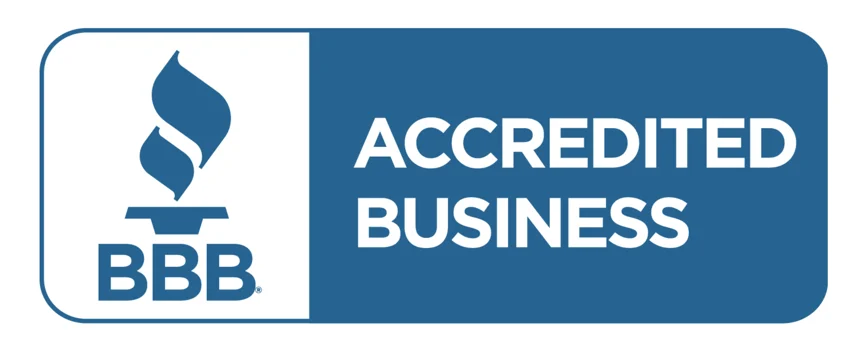Selling your house for cash can be a great idea, but it’s important to consider all the factors involved before making the decision. In this blog, we will explore the pros and cons of cash home sales, and provide you with information from three reputable sources to help you make an informed decision.
Pros of Selling Your House for Cash
- Speed: One of the biggest advantages of selling your house for cash is speed. Unlike traditional home sales, which can take months to close, cash home sales can be completed in just a few days. This is because cash buyers are not subject to the same financing contingencies that traditional buyers are.
They don’t need to get a mortgage, which means there are no appraisal delays or loan underwriting processes to worry about. This can be especially beneficial if you need to sell quickly for personal reasons, such as a job change or financial hardship. - Simplicity: Cash home sales are also much simpler than traditional home sales. You won’t have to worry about real estate agents, negotiations, or closing costs.
You’ll simply receive a fair offer from a cash buyer, and if you accept, the sale will be completed in a matter of days. This can be a great option if you’re looking for a hassle-free way to sell your home. - No Need for Repairs: Most cash buyers are looking for properties that are in need of repairs, so they can make a profit by fixing them up and reselling them.
This means that you won’t have to spend money on fixing up your property before you sell it. You can sell your house as-is, which can save you time and money.
Cons of Selling Your House for Cash
Lower Sales Price:
One of the biggest disadvantages of selling your house for cash is that you may not receive as much money as you would if you sold it through a traditional home sale. Cash buyers are typically looking to buy properties at a discount, so they can make a profit by flipping them. This means that you may have to sell your house for less than its market value.
Limited Options:
Selling your house for cash may limit your options when it comes to choosing a buyer. There are only a few cash buyers in the market, so you may have to accept an offer from someone you’re not comfortable with. Additionally, because cash buyers are looking to buy properties at a discount, you may not receive as many offers as you would with a traditional home sale.
Scams:
Unfortunately, there are many scams associated with cash home sales. Be wary of any buyer who tries to pressure you into selling quickly, or who asks you to sign a contract before you’ve had a chance to fully understand the terms. Make sure you work with a reputable cash buyer, and never sign anything until you’re completely comfortable with the terms.
According to Forbes, “Cash home sales can be a good option for those looking for a fast and simple sale, but it’s important to be aware of the potential downsides. Make sure you understand the terms of the sale, and be wary of any buyer who tries to pressure you into a quick sale.”
The Balance states, “Cash home sales can be a quick and simple way to sell your property, but they can also result in a lower sales price. Make sure you understand the terms of the sale, and be aware of the potential risks involved.”
Finally, Realtor.com says, “Cash home sales can be a good option if you need to sell quickly, but they may not result in the highest sales price. Make sure you understand the terms of the sale, and be aware of the potential downsides. Work with a reputable cash buyer, and never sign anything until you’re completely comfortable with the terms.”
In Conclusion:
Selling your house for cash can be a great idea in certain situations, but it’s important to weigh the pros and cons carefully before making a decision. If you need to sell quickly, or if you’re looking for a hassle-free way to sell your property, a cash home sale may be the right option for you.
However, if you’re looking to get the highest possible sales price for your property, you may be better off going with a traditional home sale.
It’s important to understand the terms of the sale, be aware of the potential risks, and work with a reputable cash buyer. Do your research, consider all the factors involved, and make an informed decision that’s right for you and your family.
















